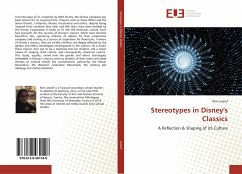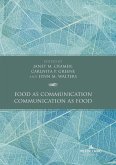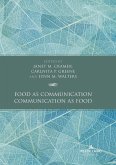From the days of its inception by Walt Disney, the Disney Company has been known for its classical films. Classics such as Snow White and the Seven Dwarfs, Cinderella, Mulan, Pocahontas and others, despite being inspired from universal fairy tales and folk tales, have been molded by the Disney Corporation in order to fit into the American culture. Such fact accounts for the success of Disney's classics which have become box-office hits, garnering millions of dollars for their production company and serving as a source of inspiration for Americans. Viewers of Disney's classics, who are chiefly children, are deeply affected by the gender and ethnic stereotypes encompassed in the classics. As a result, these classics turn out to be a teaching tool for children and a major means of shaping child culture, and consequently, American culture. This study, equally, shows how the gender and ethnic stereotypes embedded in Disney's classics serve as symbols of their times and stand witness to cultural trends like consumerism, patriarchy, the Sexual Revolution, the Women's Liberation Movement, the melting pot ideology and multiculturalism.
Bitte wählen Sie Ihr Anliegen aus.
Rechnungen
Retourenschein anfordern
Bestellstatus
Storno








